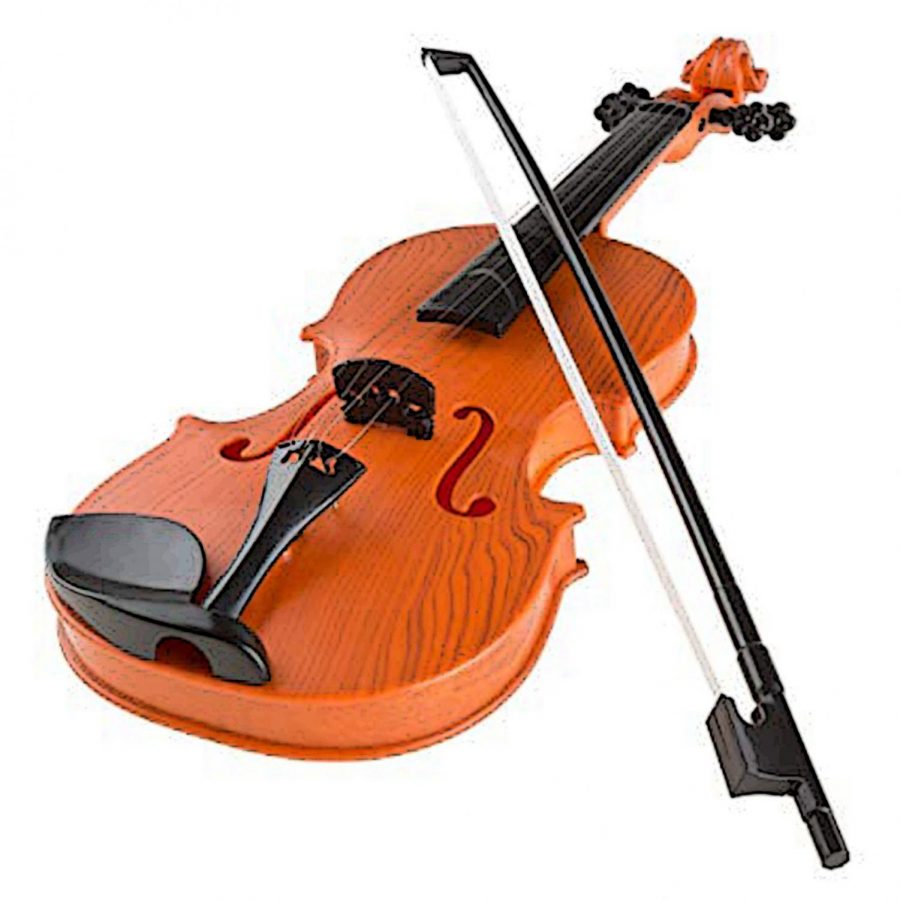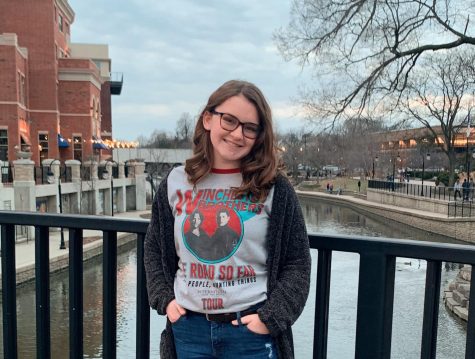Learning to make own music enhances life
March 8, 2019
Music Education has deep roots in American history. According to Campbellsville University, the first recorded instance of music education in American History can be tracked back to when the pilgrims arrived in Massachusetts; the children were taught singing psalms. Music education is still an important factor in youth education for various reasons and can influence the lives of students. For some, music helps them with other subjects. Junior Georgia Sigler plays multiple instruments including trumpet and piano and sings too.
“I’ve been a pianist since I was four,” Georgia Sigler, junior, said. “It has helped me a lot mathematically. I think that’s why I am in a higher-level math class.”
Although music education can benefit students academically, the focus has shifted to the music itself, according to Chris Vanderwall, band director.
“I think that there are plenty of studies out there that show music students being the most academically for your other class subjects, and we’ve started talking about learning music as a part of being a well-rounded human being,” Vanderwall said. “Music for the sake of music, not music for the sake of being better at something else.”
Having music classes can even open doors to potential careers. Different music classes have been added to the course options, like AP music theory and music production.
“Typically, we’ve just had performance ensembles, like band and choir and orchestras, things of that nature, and now we have music theory classes and a music production class. All of those don’t require a student to actually perform on an instrument,” Vanderwall said.
Students like Jack Loizzo, junior, took advantage of these classes. After taking the music production class and growing up around music, he plans to become a music producer.
“Once I learned the basics, I was able to transfer them from guitar to piano, to bass, and to drums,” Loizzo said.
Rancatore attributes his career as a choir director to learning music in high school.
“When I was in high school, it clicked for me,” Rancatore said. “I knew I wanted to do something related to music. I was very fortunate to attend a school that catered to you. They had something for you, to get you to a window to see your future.”
Even if a student does not plan on a career in music, there are benefits to being exposed to it.
“It gives you an outlet to express yourself through sound,” Loizzo said. “Even going through lyrics, it gives an output to speak to people about mental health, or problems they are going through.”
Music has been proven to benefit those who have anxiety, depression, and autism. According to Very Well Mind, music therapy helps to mute symptoms, while increasing feelings of happiness.
“Music is so accessible,” Rancatore said. “If you’re listening to it, you’re participating in it. Music thrives on participation. It’s something that people eventually just need to know. Everyone is musically capable, its just taking that first step.”




